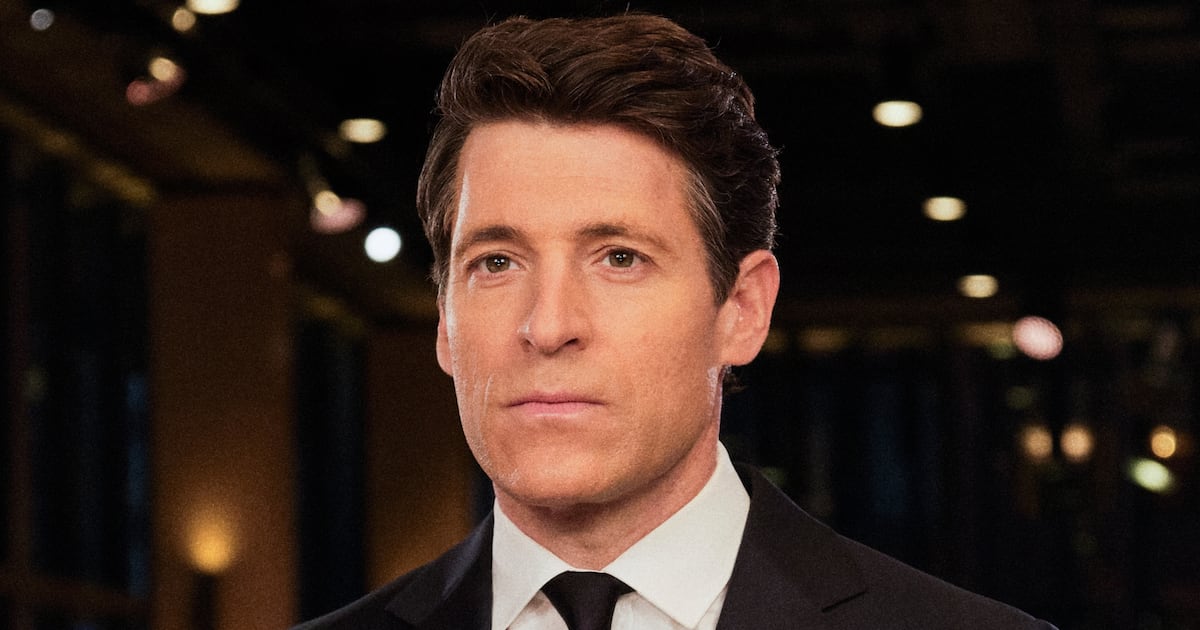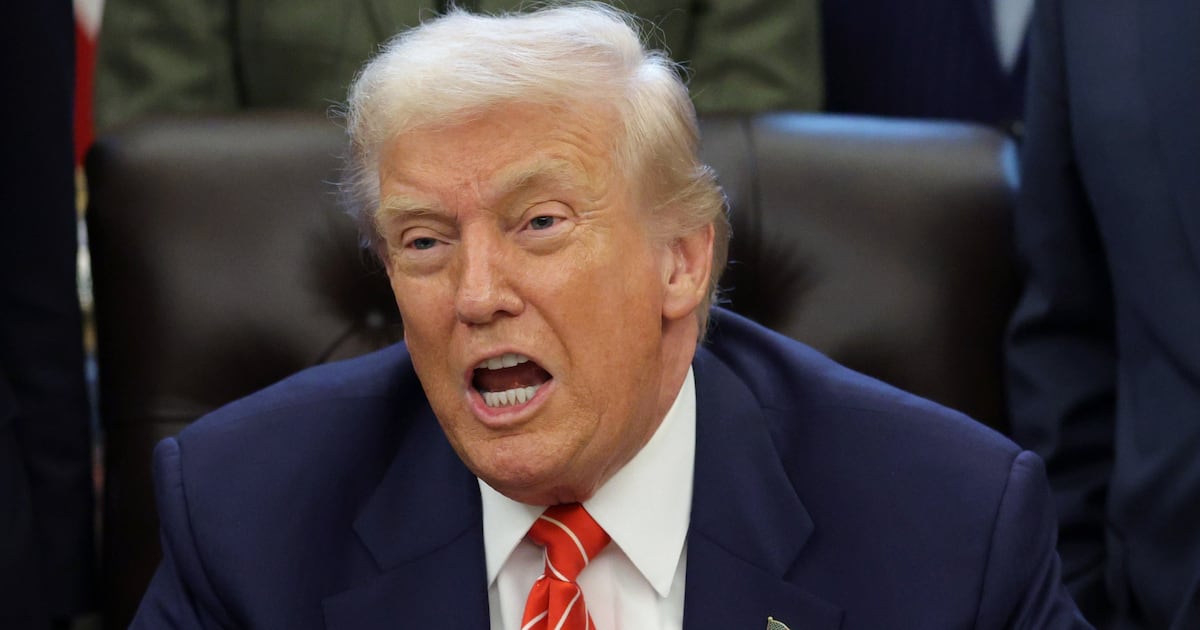Headline writers can be forgiven for needing to look past “PAUL WINS STRAW POLL” for a fresh angle in writing about the Conservative Political Action Conference’s least surprising outcome. One Paul or another has won CPAC for five or the past six years—Rand since 2013, Ron in 2010 and 2011.
The Paul dynasty—which doesn’t ring alarm bells here like the Bush or Clinton dynasties—is built on an army of young and passionate libertarians who treat CPAC like a tent revival-cum-Amway convention.
So let’s talk about the buzz following Scott Walker. Hot off of a totally competent performance in Iowa, the Wisconsin Governor came in second at CPAC, 26 to 21 percent. But that’s not all—in the second choice ballot, Walker beat Paul 19 percent to 16 percent! And that might just be the best way to understand Scott Walker’s path to the nomination: He is everyone’s second choice.
Walker is the guy that lots of Republican base voters would be kind of ok with. They like him! But in the parlance of junior high, they do not like like him. When I searched the CPAC halls for hardcore Walker supporters, “my second choice” was pretty much the most enthusiastic thing people said.
His relative success is best understood as a triumph of hope over self-reflection. It is the best proof that the gathering this year was tangentially more concerned with electability than purity. It does not, however, mean that he can get elected.
On Friday, Walker was at the center of an overflowing coffee meet-and-greet that many took as proof that the pundit-endorsed boomlet is real. “It was impressive,” said David Bossie, whose Citizens United sponsored a series of such events. “The only other guy able to do that was Donald Trump.”
The context Bossie provides suggests interest in Walker at CPAC needs to be disambiguated with genuine grassroots support. Ask around and the kernel of Walker’s popularity with the base clearly stems from faith that he is indeed one of them—he stood up to unions! He survived a vicious attack from far left!
What’s made that kernel start to blossom, however, is utter bullshit: The idea that everything about him the base likes co-exists with an ability to appeal beyond that base.
“Scott Walker survived a recall election” is, in the mind of CPAC watchers, proof of both his conservatism and a claim to middle ground. But you know what makes you a legitimately consensus-building politician in a purple state? It isn’t surviving a recall election; it’s not having to survive a recall election.
The only part of the middle that Walker occupies is geographic, and even then, only from a national prospective. Alec McGinnis has demonstrated that whatever looks purple about Walker’s state is better understood as black-and-white. Walker rose to the governorship inside a rightwing bubble—elected by the white suburbs of Milwaukee and coddled by sympathetic conservative media. It’s no wonder that he has struggled with so-called “gotcha” questions and even those tossed at him with feather-light softness.
Walker is often compared to Tim Pawlenty, another Midwestern governor of a purple state. Pawlenty, but better, people say. This is not so much a low bar but a line on the floor. Walker’s proponents seem to think that Walker’s ability to sustain interest for a whole month—and that recall—distinguish him. Perhaps! Walker also benefits from a conservative base that seems hungrier to win than punish lapses in purity. Jeb Bush was the only candidate at CPAC others actively campaigned against—and he came in fifth. There’s your headline.
Still, their interest in Walker does not represent a true capitulation to demographic and political realities. Walker is less Pawlenty than Howard Dean, born aloft by a base that thought they had one of their own who could pass as something else.
My theory? Walker can only survive as a leading candidate for as long as the belief in his appeal does not confront actually having to appeal to people. His incrementally advancing public speaking abilities are no match for a base that will soon enough seek out a standard bearer that can at least hold their attention.
Eagerness to see Walker is about kicking the tires. Scratching around the CPAC conference for those who were excited about VOTING for him proved more difficult. Interviews turned up lots of people who thought Walker could make a great candidate and very few ready to work on that campaign
Contrast that with the palpable excitement by the scrums of Rand, Cruz and Carson supporters—even the handful of trucked-in Jebites. Americans for Tax Reform’s Grover Norquist, who called Walker “an amazing guy,” seemed to credit Walker’s popularity here to the base’s pundit-level savvy over enthusiasm. “I knew who he was and thought well of him but I thought that was because I’m smart and I watch this stuff more than most people,” he said. “What I didn’t realize was that people in Iowa knew, and just needed to see him speak.” They know what he did in Wisconsin, he said, and that excites them. “It’s like a field saturated with gasoline, and you need a spark.”
So thanks to the confluence of national media attention, national money, and a friend placed highly in the national party (Reince Preibus), activists are prepped to fall in love with Walker. But a national political campaign is not a wildfire so much as a series of slow burns that need be tended and fed.
As Norquist put it, hedging his own praise: “I don’t know if his showing is going to be a floor or a ceiling.”






